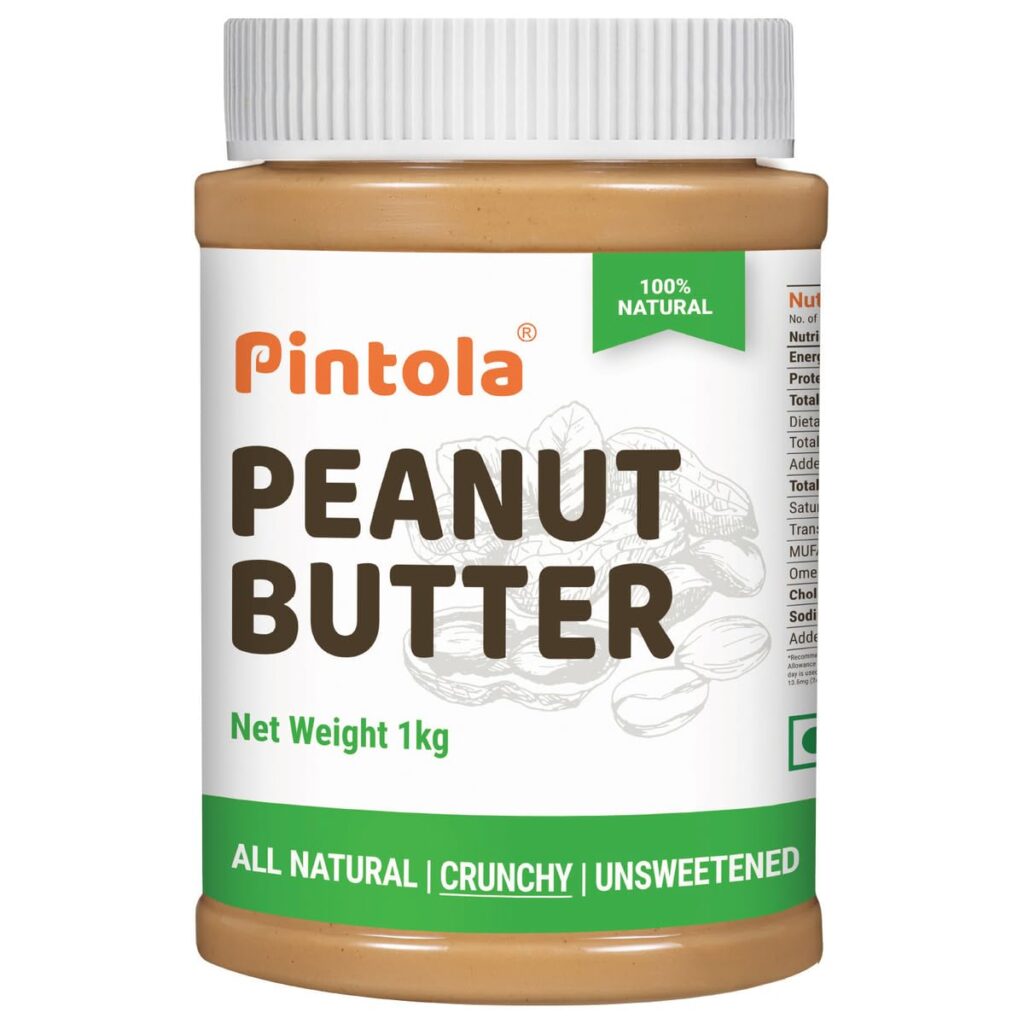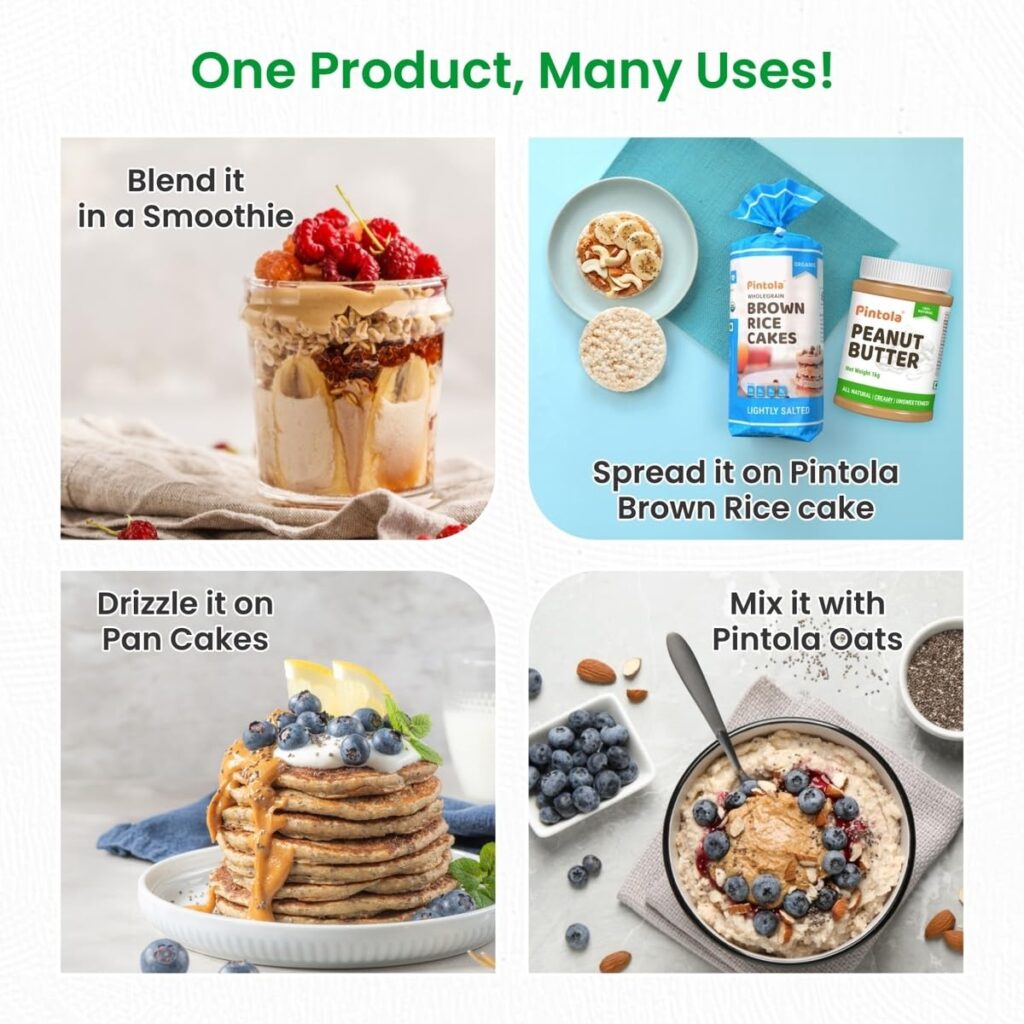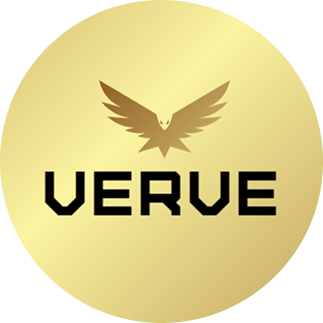Peanut butter isn’t just a tasty spread for your toast – it’s a nutrition-packed superfood that has earned a permanent place in kitchens worldwide. Loved by fitness enthusiasts, kids, and foodies alike, peanut butter delivers a perfect mix of protein, healthy fats, vitamins, and minerals.
Whether you enjoy it on bread, in a smoothie, or straight from the spoon, peanut butter is more than a comfort food – it’s a powerhouse of health benefits. Let’s explore why peanut butter deserves to be part of your daily diet.
What is Peanut Butter?
Peanut butter is made by grinding roasted peanuts into a smooth or crunchy paste. Natural peanut butter usually contains just peanuts (and maybe a pinch of salt), while commercial versions may include sugar or oils for added flavor and texture.
Thanks to its creamy taste and versatility, peanut butter is used not only as a spread but also in shakes, desserts, oatmeal, and even savory dishes.

Nutritional Profile of Peanut Butter (2 Tbsp Serving Approx.)
- Calories: 190
- Protein: 8 g
- Healthy Fats: 16 g
- Carbohydrates: 7 g
- Fiber: 2 g
- Key Nutrients: Vitamin E, Magnesium, Potassium, Niacin
👉 This nutrient-dense food makes It both filling and energizing, making it a smart choice for active lifestyles.
Health Benefits of Peanut Butter
1. High in Protein – Builds Strength & Muscles
With 8 grams of protein per serving, It supports muscle repair, growth, and recovery – ideal for gym-goers and athletes.
2. Good for Your Heart
The monounsaturated and polyunsaturated fats in peanut butter help balance cholesterol levels and promote cardiovascular health.
3. Helps with Weight Management
Surprisingly, peanut butter can support weight control! Its protein, fat, and fiber content keep you full for longer, reducing unhealthy snacking.
4. Instant Energy Booster
Need a quick pick-me-up? It provides long-lasting energy, making it a perfect pre-workout snack or mid-day fuel.
5. Supports Strong Bones & Immunity
Loaded with magnesium, phosphorus, and antioxidants like Vitamin E, It strengthens bones and boosts immunity.
6. Great for Skin & Hair
Thanks to its antioxidant properties and healthy fats,It nourishes skin and hair from within.

How to Enjoy Peanut Butter in Your Diet
- Spread it on whole-grain bread or toast
- Blend it into smoothies, protein shakes, or coffee
- Pair with fruits like bananas, apples, or dates
- Add to oatmeal, pancakes, or yogurt
- Use in desserts, cookies, or homemade protein bars
💡 Tip: Always choose natural or organic peanut butter with no added sugar or hydrogenated oils for maximum health benefits.
Who Should Include Peanut Butter?
- Fitness enthusiasts & athletes – for protein and energy
- Students & professionals – for improved focus and stamina
- Growing children – for healthy growth and strong bones
- Anyone looking for a nutritious snack – without processed junk food
Possible Side Effects
While It is healthy, moderation is key. Overeating may lead to weight gain due to its calorie density. Also, those with peanut allergies must avoid it completely.
Final Thoughts
Peanut butter is much more than a delicious spread – it’s a nutrient-rich, versatile, and satisfying food that supports heart health, muscle growth, energy, and overall wellness. Whether you’re an athlete, a busy professional, or a parent looking for healthy snacks for your kids, It’s a smart choice to keep in your kitchen.
So go ahead – grab a spoonful of this creamy delight and enjoy the perfect mix of taste and nutrition!


Comments